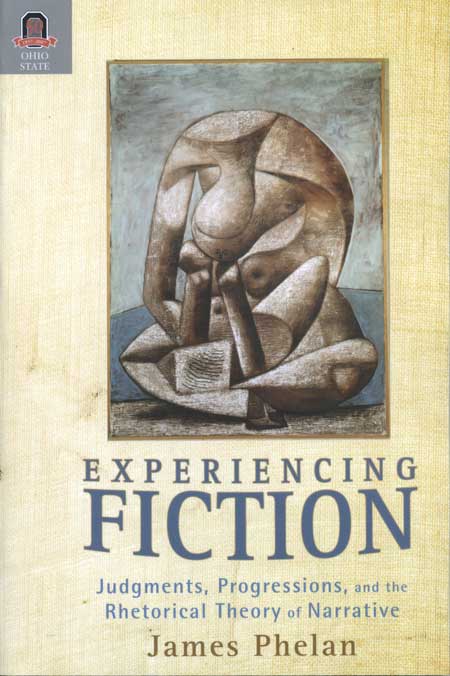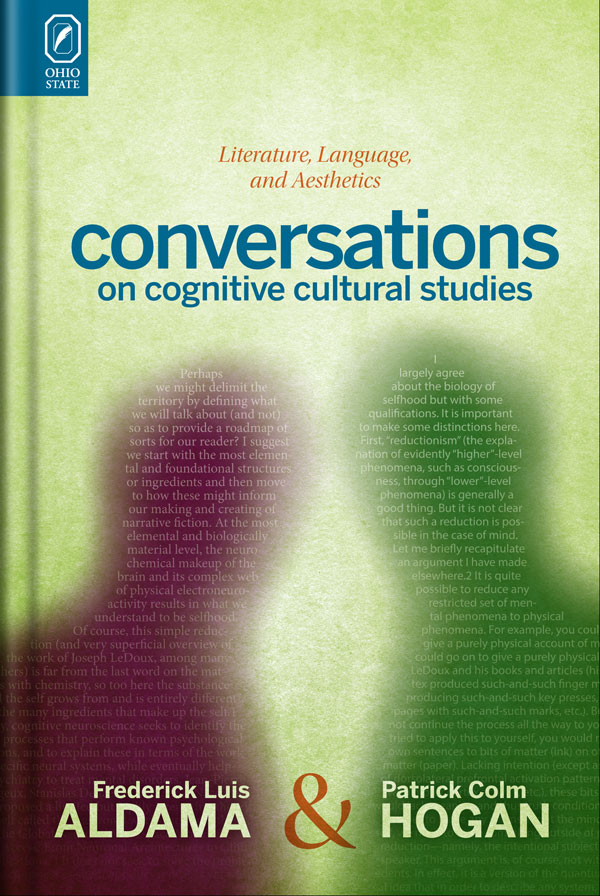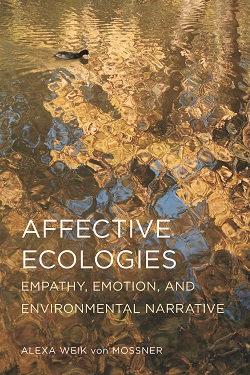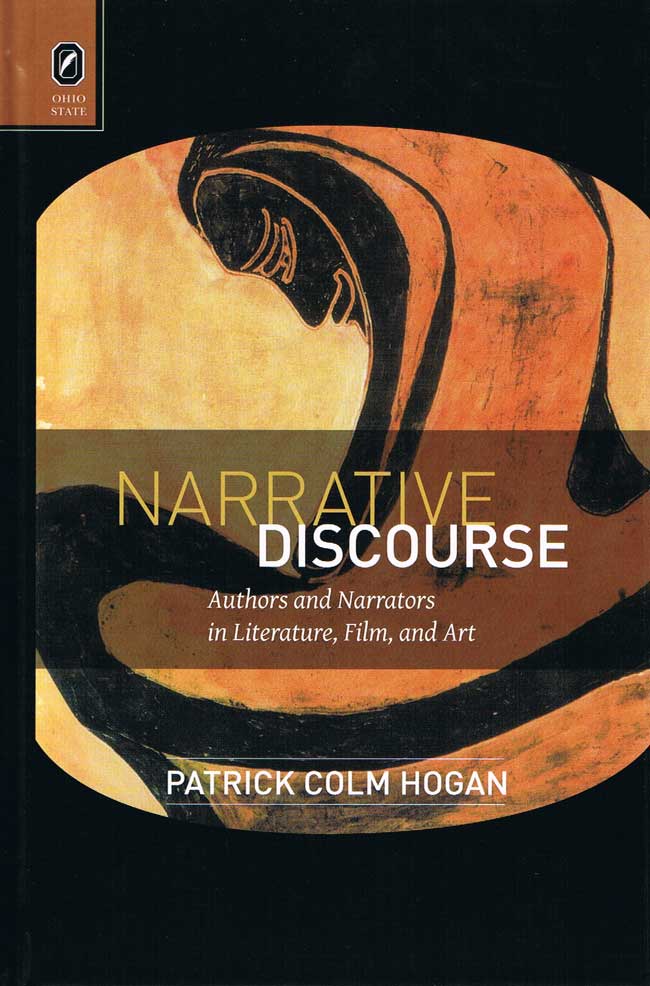“Its wide range of material, deep familiarity with ecocritical debate, and innovative use of insights from the cognitive sciences makes Weik’s study an important addition to environmental scholarship in general, and to ongoing inquiries into the role of empirical approaches in ecocriticism in particular.” —Journal of Literary Theory
“The field of cognitive cultural studies has exploded in the past decade or so, and this study fits precisely into this field. As someone who has been working in the field of ‘psychological ecocriticism’ for the past quarter-century, I can say that I’ve been waiting a long time for exactly this kind of book to appear!” —Scott Slovic, coeditor of Numbers and Nerves: Information, Emotion, and Meaning in a World of Data and Ecoambiguity, Community, and Development: Toward a Politicized Ecocriticism
“Affective Ecologies breaks genuinely new ground and uses a body of theory, concepts, and critical tools that can significantly contribute to strengthening or falsifying the claims of ecocritics about the psychological and political impacts of environmental writing and film, which have so far remained largely speculative. This is a book with real potential for transformative impact.”—Ursula Heise, author of Sense of Place and Sense of Planet: The Environmental Imagination of the Global.
Affective Ecologies: Empathy, Emotion, and Environmental Narrative explores our emotional engagement with environmental narrative. Focusing on the American cultural context, Alexa Weik von Mossner develops an ecocritical approach that draws on the insights of affective science and cognitive narratology. This approach helps to clarify how we interact with environmental narratives in ways that are both biologically universal and culturally specific. In doing so, it pays particular attention to the thesis that our minds are both embodied (in a physical body) and embedded (in a physical environment), not only when we interact with the real world but also in our engagement with imaginary worlds.
How do we experience the virtual environments we encounter in literature and film on the sensory and emotional level? How do environmental narratives invite us to care for human and nonhuman others who are put at risk? And how do we feel about the speculative futures presented to us in ecotopian and ecodystopian texts? Weik von Mossner explores these central questions that are important to anyone with an interest in the emotional appeal and persuasive power of environmental narratives.
Alexa Weik von Mossner is Associate Professor of American Studies at the University of Klagenfurt in Austria.
Contents
ACKNOWLEDGMENTS
INTRODUCTION Environmental Narrative, Embodiment, and Emotion
PART I SENSING PLACE
CHAPTER 1 Captivating Evocations: Literary Topophilia and Narrative Perspective
CHAPTER 2 Touching Sights and Sounds: Embodiment, Emotion, and Cinematic Environments
PART II FEELING WITH OTHERS
CHAPTER 3 Imagining the Pain: Strategic Empathy and the Environmental Justice Narrative
CHAPTER 4 Beyond Boundaries: Imaginary Animals and the Intricacies of Trans-species Empathy
PART III EXPERIENCING THE FUTURE
CHAPTER 5 Troubling Futures: Climate Risk and the Emotional Power of Dystopia
CHAPTER 6 Alluring Visions: Hope, Desire, and the Affective Appeals of Ecotopia
EPILOGUE Environmental Narrative Across Media
NOTES
BIBLIOGRPAHY
INDEX
Related Titles:

Experiencing Fiction
Judgments, Progressions, and the Rhetorical Theory of Narrative
James Phelan
HARDCOVER, PAPER

Conversations on Cognitive Cultural Studies
Literature, Language, and Aesthetics
Frederick Luis Aldama and Patrick Colm Hogan
HARDCOVER, PAPER



